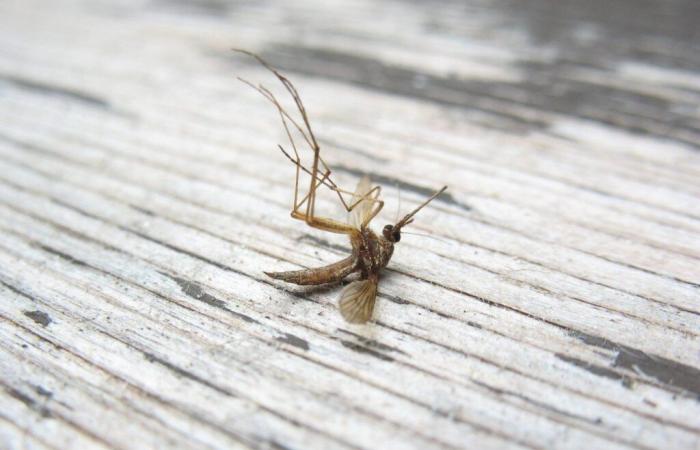What if the solution to fighting disease-carrying mosquitoes lay in their own reproduction? Australian researchers have developed a technique using genetically modified males to reduce populations of females, responsible for the transmission of diseases such as dengue or the malaria.
This approach, called “Toxic Male Technique” (TMT), is based on the introduction of toxic proteins into the sperm of males. After mating, these proteins affect female survival, thereby limiting their ability to transmit pathogens. A promising method, which could complement or replace traditional pesticides, while preserving ecosystems.
The principle of the toxic male technique
TMT involves genetically modifying male mosquitoes so that they produce toxic proteins in their sperm. When they mate with females, the latter see their life expectancy reduced, which reduces their ability to sting and transmit diseases.
Unlike existing methods, such as male sterilization, TMT works immediately on the current generation of females. Initial tests on fruit flies showed a 37 to 64% reduction in their lifespan, paving the way for applications in mosquitoes.
The benefits for the environment
TMT stands out for its specificity. It only targets disease-carrying mosquito species, without affecting others insects. This precision reduces the risks for the biodiversity and limits theusage chemical pesticides.
Additionally, the toxic proteins used are designed to be harmless to mammals and other non-target species. This environmentally friendly approach could prove useful in areas where mosquitoes have developed resistance to insecticides.
-It should also be noted that the toxic proteins used have very low oral toxicity. Thus, predators that consume modified mosquitoes should not suffer adverse effects, thereby preserving natural food chains.
The challenges to be met
Before application to large scalerigorous testing is necessary to ensure the safety of TMT. Researchers must ensure that modified mosquitoes pose no risk to humans or ecosystems.
The logistics of producing and releasing genetically modified mosquitoes also pose a challenge. Close collaboration with health authorities and local communities will be essential to ensure effective and accepted implementation.
A glimmer of hope for global health
If validated, TMT could make it possible to rethink the fight against diseases transmitted by mosquitoes. Models predict a 40-60% reduction in bites sanga key factor in the transmission of diseases such as dengue or Zika.
This technique also paves the way for other innovations in biotechnology to control populations of harmful insects. It could thus contribute to improving public health while preserving natural ecosystems.






